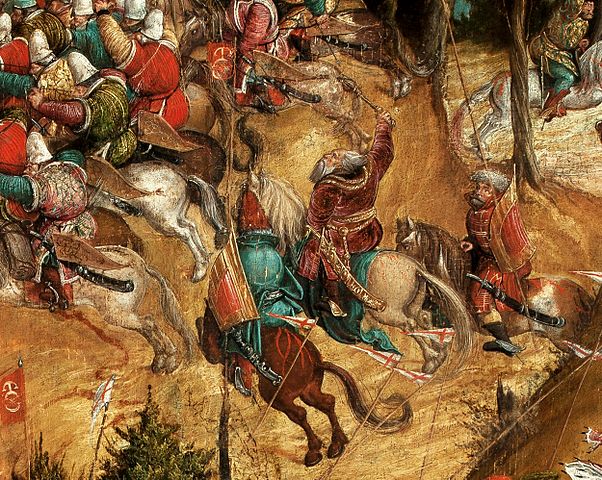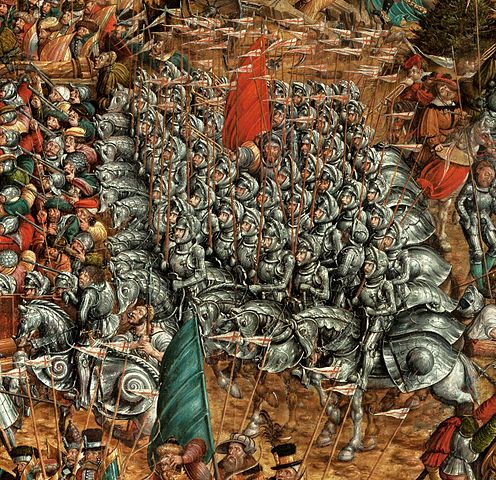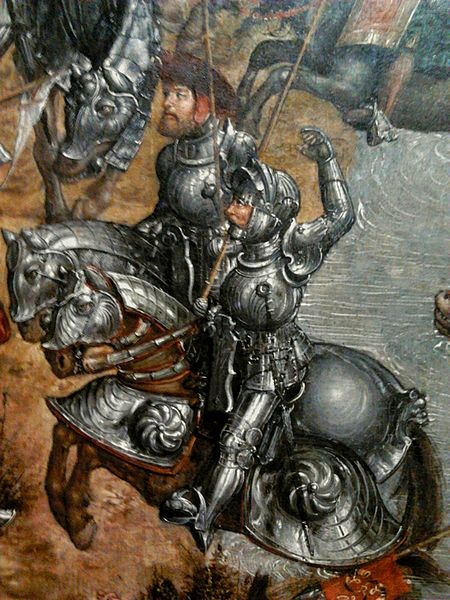
The Thammasat University Library has acquired a new book that should be useful for students interested in war studies, history, political science, diplomacy, conflict resolution, and related subjects.
War: How Conflict Shaped Us is by Professor Margaret MacMillan, who teaches history at the University of Oxford, the United Kingdom.
The TU Library collection includes other books about different aspects of war.
Professor MacMillan argues that international universities tend not to teach the subject of war. Instead, war studies might be discussed as part of international relations. She insists that war has transformed ideas, science, technology, medicine, populations, and geography.
There is a popular fascination with the violence of war, as seen in film series like Lord of the Rings or television series like Game of Thrones.
Professor MacMillan finds that there are many causes for war, including resentments, dynastic rivalries, property disputes, divine mission, and ideology.
In some cases, war has led to peace and progress. She also notes that while women soldiers have distinguished themselves, war is typically a male activity.
Here is the publisher’s description of the book:
War, the instinct to fight, is inherent in human nature; peace is the aberration in history. War has shaped humanity, its institutions, its states, its values and ideas. Our very language, our public spaces, our private memories, some of our greatest cultural treasures reflect the glory and the misery of war. War is an uncomfortable and challenging subject not least because it brings out the most vile and the noblest aspects of humanity.

From the book’s first chapter:
Violence seems to have been present even earlier, during much of the greatest part of our human story in fact, when our ancestors lived nomadic lives foraging for edible plants and killing other creatures for food. Much of what is known is naturally highly speculative. Collecting and reading evidence, especially the further into the past you go—and humans appeared on earth some 350,000 years ago—is extraordinarily difficult, but we are gradually accumulating more thanks to archeological discoveries and scientific advances such as the reading of ancient DNA. Until very recently in humanity’s long history, we now know, we organized ourselves into small bands scattered across the more temperate parts of the globe. There was not much in the way of material goods to fight about and presumably if a band came under threat from others it could simply move away. For much of the twentieth century, those who studied the origins of human society tended to assume that the early nomadic bands lived a peaceful existence. Yet archeologists have also discovered skeletons from this long-distant period whose injuries suggest otherwise. Anthropologists have tried to get at what that world was like by looking at the few hunter and forager societies that survived until the modern age. It is a roundabout path with potential pitfalls: outsiders who observe such societies bring their own preconceptions and contact itself brings changes. […]
While there are heated exchanges—wars, indeed—of words and ideas between historians, anthropologists and sociobiologists, the evidence seems to be on the side of those who say that human beings, as far back as we can tell, have had a propensity to attack each other in organized ways—in other words, to make war. That challenges us to understand why it is that human beings are willing and able to kill each other. It is more than an intellectual puzzle: if we do not understand why we fight we have little hope of avoiding future conflicts. So far there are many theories but no agreed answers. Perhaps war is the result of greed or competition for dwindling resources—for food, territory, sexual partners or slaves. Or are we shaped by biological ties and shared culture to value our own groups, whether clans or nations, and fear others? Like our cousins the chimpanzees, do we instinctively lash out when we feel threatened? Is war something we cannot help doing or is it something we have constructed through ideas or culture? Since war and the fear of war are still very much with us in the twenty-first century, the answers to such questions matter.

War would not be possible without our willingness to kill, but that alone does not define it. We would not describe two men fighting in a bar or even a dozen or so gang members battling in a street or a park as making war. Violence leading to injury or death is part of war, but we tend to see that as a tool of war, not as an end in itself. The great German theorist Carl von Clausewitz, in one of his most famous observations, said, “War is an act of violence intended to compel our opponent to fulfill our will.” War has a purpose whether it is offensive or defensive. As with individuals or gangs, fighting war can be about honor, survival or control, but it is distinguished from a bar fight by its scale and its organization. War involves dozens, hundreds, thousands, even millions rather than one or a few people committing violence on each other. It is a clash between two organized societies which command the adherence of their members and have existed over considerable time, usually in their own territory. As Hedley Bull, the English political theorist, put it, “Violence is not war unless it is carried out in the name of a political unit . . . ” And, he went on, “Equally, violence carried out in the name of a political unit is not war unless it is directed against another political unit.” Gangs are organized and their members can claim to share values and goals, but they are not stable political and social units. They might of course become so and grow in size and in time become clans, tribes, chiefdoms, baronies, kingdoms or nations which are capable of engaging in war.
One of the many paradoxes of war is that humans got good at it when they created organized societies. Indeed the two developments have evolved together. War—organized, purposeful violence between two political units—became more elaborate when we developed organized sedentary societies and it helped to make those societies more organized and powerful. It was only 10,000 years ago—an instant in the much longer human story—when some of us started to settle down and become farmers, that war became more systematic and started to need special training and a warrior class. Along with graves in different parts of the world, archeologists have found evidence of fortifications, in Turkey for example, which date back to at least 6000 b.c., and of clusters of dwellings which appear to have been burned down deliberately. With the advent of agriculture humans were more tied to one place and had more worth stealing, and worth defending. And to defend themselves they needed better organization and more resources, which in turn led to groups expanding their territory and growing their populations either peacefully or through conquest.

(All images courtesy of Wikimedia Commons)
